When you’re planning on sealing concrete, there are many tips and tricks you should know. We’re covering some of the most important do’s and don’ts when it comes to sealing concrete, so you can avoid any mistakes and successfully seal your concrete. Whether it’s a driveway, patio, countertop, or floor, this will help your sealing process go as smoothly as possible.
Why should you seal concrete?
Sealing concrete helps protect it from the elements and keep it looking new for several years. And if you spent your money on pouring high-quality concrete, you’re not going to want to effectively throw that money away by not protecting it. Sealing concrete helps keep it in good condition.
Do:
Your research
As with any project, before you begin it is important to do your research. You don’t want to end up using the wrong products, or applying them incorrectly. This could lead to your concrete not being properly sealed. It could also negatively change the way it looks. You’re making an investment in your home; you want to be as informed as possible.
Use the correct type of sealer
There are many types of sealer you can use for sealing concrete, and it’s important to use the right one for your project. They all have positives and negatives, so it depends on what you’re looking for. Factors such as indoor vs outdoor use play a large role in deciding what sealer to use. Some of the sealer types are:
- Acrylic resin-based sealers
- These sealers are high quality and lower cost. They can be blended with other types of sealers to make them more durable. It’s always important to read the labels so you know exactly what you’re getting, since low-quality blends could lead to your sealer discoloring in the sunlight. Pure acrylic resins will not discolor, so they often last longer.
- Polyurethane (Epoxy) sealers
- These sealers are typically more expensive than the resin-based options. They tend to be thicker, which helps protect the concrete, but can also prevent air from escaping the concrete. When these seal in all the air, it can lead to the sealer discoloring from trapped moisture.
- Penetrating sealers
- These are your best option for protecting against stains. They penetrate the concrete and form a chemical barrier against water, oil, and other possible causes of stains. These are very effective, since they bond with the concrete itself and don’t just sit atop it.
Follow the instructions
If you’re sealing concrete yourself, carefully read through the instructions before applying the sealer. You don’t want to do all of your research, choose the sealer that’s right for your project, and then apply the sealer incorrectly. Always make sure that you’ve read and understand all of the steps before you begin your project.
Don’t:
Apply sealer too frequently or infrequently
If you seal concrete too infrequently, you might as well not be sealing concrete at all. Over time, if the seal isn’t there, there is nothing to prevent the concrete from being exposed to the elements. This will cause wear and damage to the concrete. On the other hand, if you apply the sealer too often, you’re wasting money protecting concrete that is already protected.
We recommend sealing concrete every couple years, unless you’re in an area (like Chicago) where the concrete is outdoors and exposed to a frequent freeze/thaw cycle. Then we recommend every other year.
Mix sealing products
The products are separate for a reason. Mixing these products yourself could lead to a less effective seal. You definitely don’t want to mix water-based and solvent-based sealers together, as they won’t be able to combine and create a seal. But even two water-based sealers or two solvent-based sealers mixed together can be ineffective.
Skip regular cleaning
Just because your concrete is sealed doesn’t mean it doesn’t need to be cleaned. You don’t want to skip on your regular concrete cleaning just because you’ve sealed your concrete. For tips on cleaning concrete, check here.
Are you planning on sealing concrete?
Elston Materials can help! You can view our sealing products here, and contact us if you have any questions.


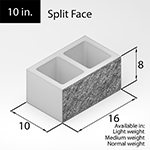
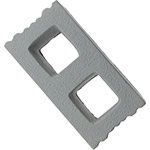
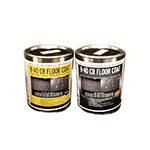
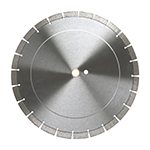
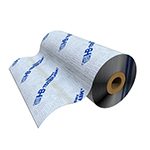
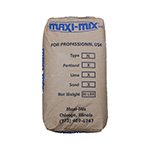
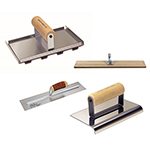
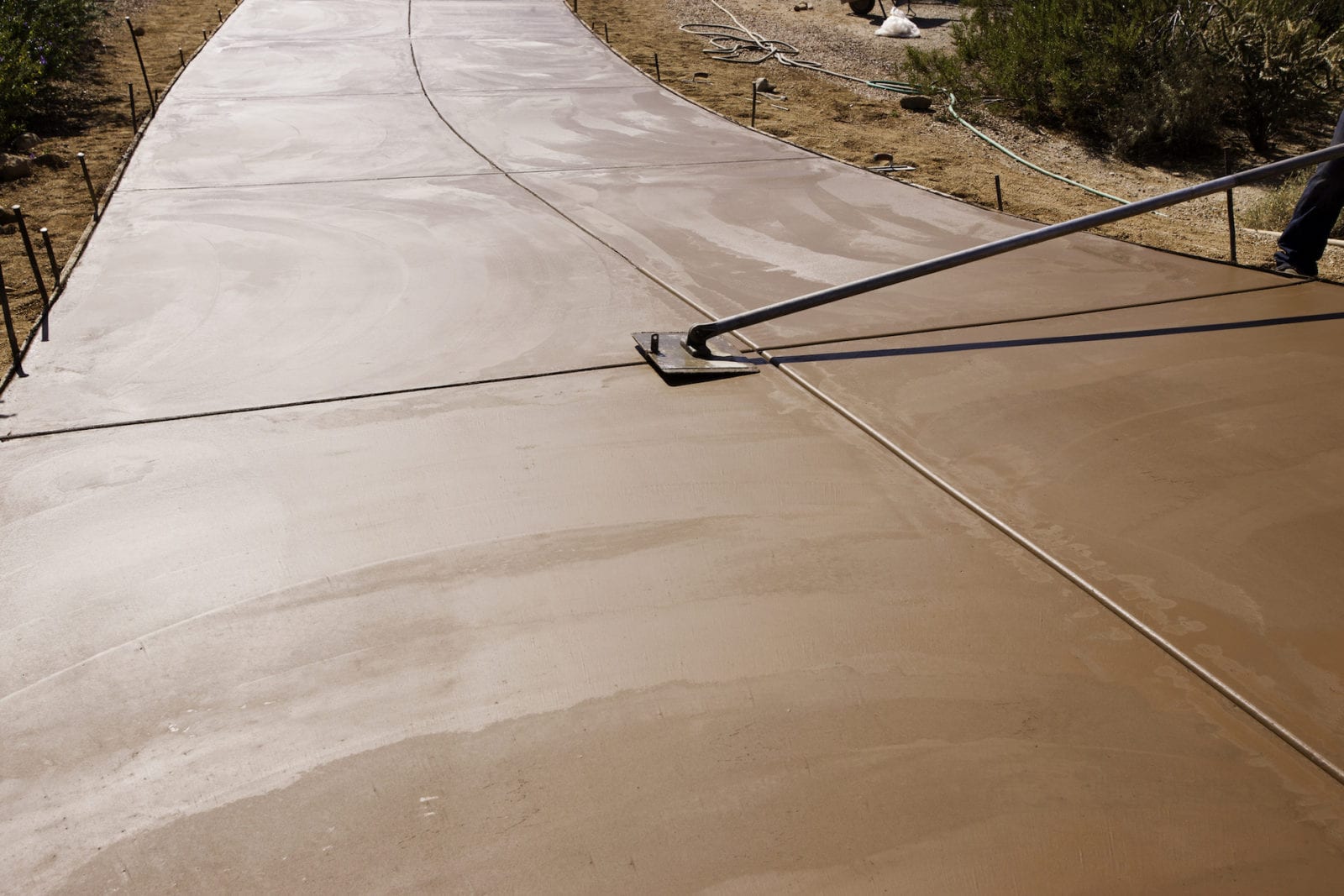
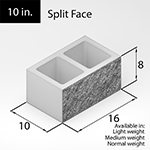







Pingback: tinder gold uk android
Pingback: free online dating sites with no credit card required
Pingback: free sugar mom dating site
Pingback: are blueberries keto
Pingback: How Do You Mix Concrete Sealer? – TLDR TEch
Pingback: Homepage
Pingback: click resources
Pingback: cz firearms guns
Pingback: Best selling guns online
Pingback: relxbycake.com
Pingback: สล็อตวอเลท ไม่มีขั้นต่ำ
Pingback: kspods.com
Pingback: sbo
Pingback: คาสิโนออนไลน์เว็บตรง
Pingback: ambbet 999
Pingback: Flooring Display rack
Pingback: kennected reviews
Pingback: แทงบอลออนไลน์
Pingback: car accident lawyer tarzana
Pingback: buy cz guns
Pingback: tools for digital marketing
Pingback: truck driving school
Pingback: comprar vicodin en linea
Pingback: บอลโลกโซนยุโรป
Pingback: Can I Add Sand To Concrete Sealer? – Bescord
Pingback: outdoor furniture
Pingback: 홀덤
Pingback: เช่าเครื่องเสียง
Pingback: buy visa gift card with crypto anonymous 11
Pingback: dumps pin shop 2022
Pingback: san jose del cabo real estate
Pingback: สล็อต ออนไลน์ มือ ถือ
Pingback: รูเล็ตออนไลน์
Pingback: map search for homes
Pingback: dumps cc shop 2022
Pingback: anxiety therapy san diego
Pingback: https://krajowy.biz/
Pingback: ร้านดอกไม้ขอนแก่น
Pingback: Godrej Splendour
Pingback: คาสิโนออนไลน์
Pingback: TVS Jardin
Pingback: สมัครยูฟ่าเบท
Pingback: buy youtube subscribers cheap
Pingback: FN FIVE SEVEN PISTOL